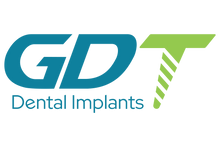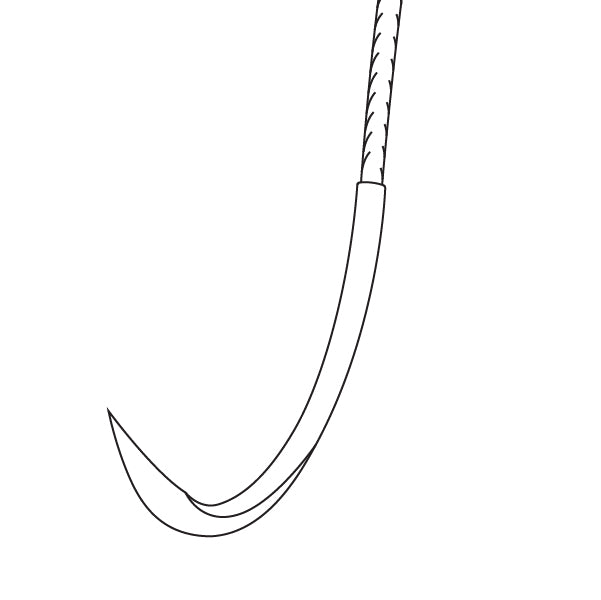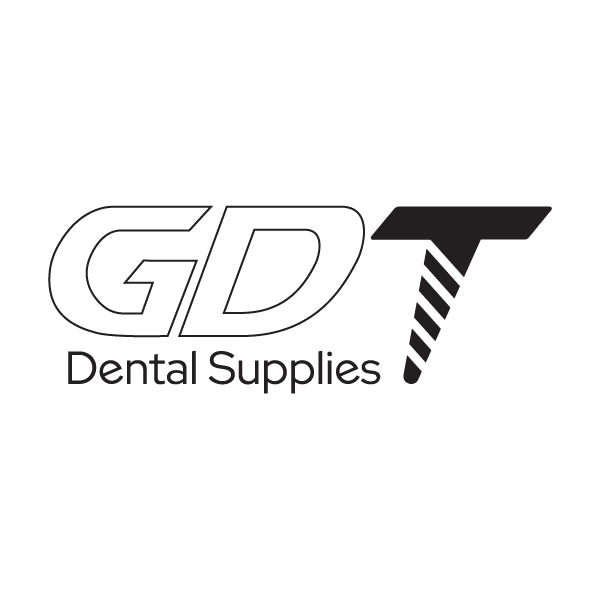Open Description
FAQs
The time it takes for bone to regenerate using Guided Bone Regeneration (GBR) typically ranges from 4 to 9 months.
This timeline can vary based on several factors, including the extent of the bone defect, the type of bone graft material used (autografts, allografts, xenografts, or synthetic grafts), and patient health factors such as age, overall health, smoking status, and medical conditions like diabetes.
The precision of the surgical technique and proper placement of the membrane and graft material are critical for successful regeneration. Additionally, adherence to post-operative care instructions, including maintaining good oral hygiene and avoiding activities that could disrupt the graft site, can significantly impact healing time.
Regular follow-up appointments are essential to monitor progress.
Whether to buy a GDT Implants GBR kit or individual components depends on your specific needs and preferences. Kits offer convenience, cost-effectiveness, and compatibility, as they include all necessary components like membranes, bone graft materials, and fixation devices. They save time and ensure consistency, making them ideal for frequent procedures.
On the other hand, buying individual components allows for greater customization to meet specific patient needs and procedural requirements. It provides flexibility in stock management and budget control, enabling you to purchase only what you need.
If you perform GBR procedures regularly and prefer a streamlined approach, a kit may be better. However, for flexibility and tailored solutions, individual components might be more suitable. If you need further guidance, we're here to help.
Several tools are needed to successfully implement a GBR system. You need a surgical steel mallet, a drive handle to attach the required drivers for the surgery, tac applicator, and an NLBC with a stopper.
GDT Implants manufactures all these instruments for individual sale or as part of a kit for optimal versatility.
Yes, specific patient conditions can significantly affect the success of Guided Bone Regeneration (GBR) procedures. Conditions like uncontrolled diabetes, osteoporosis, and a compromised immune system can impair healing. Oral health issues such as active periodontal disease and poor oral hygiene also pose risks. Lifestyle factors, including smoking and excessive alcohol consumption, negatively impact bone regeneration. Nutritional deficiencies, advanced age, and certain medications (e.g., bisphosphonates, steroids) further complicate GBR success.
Additionally, patient adherence to post-operative care is crucial. Assessing these patient conditions is crucial before proceeding with GBR to identify potential risks and tailor the treatment plan accordingly. Proper management of systemic health, lifestyle modifications, and close monitoring can enhance the likelihood of successful GBR outcomes.
















































